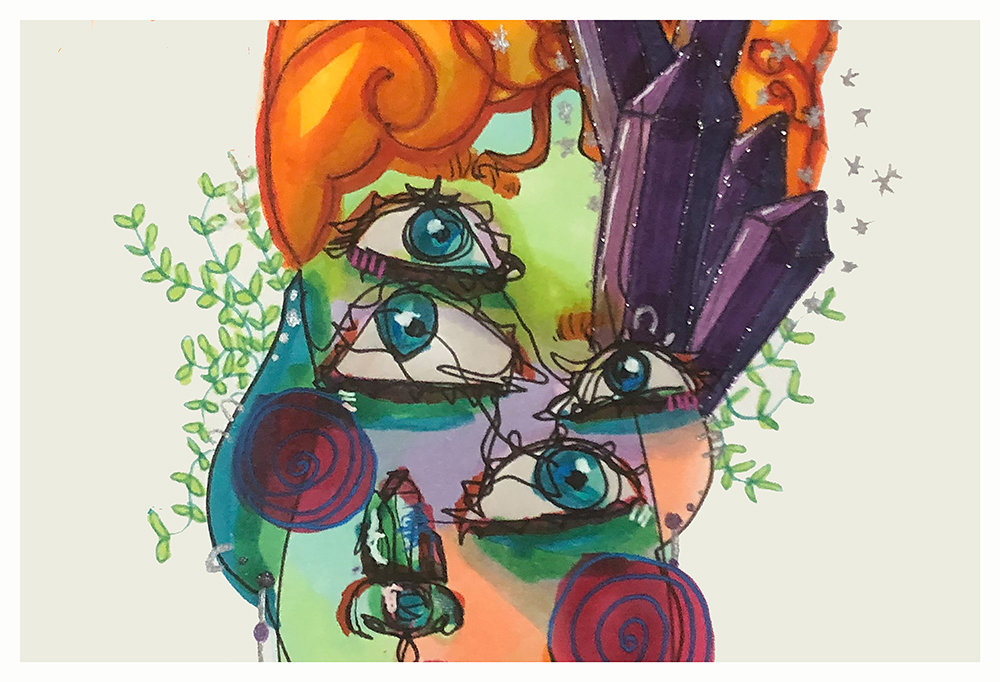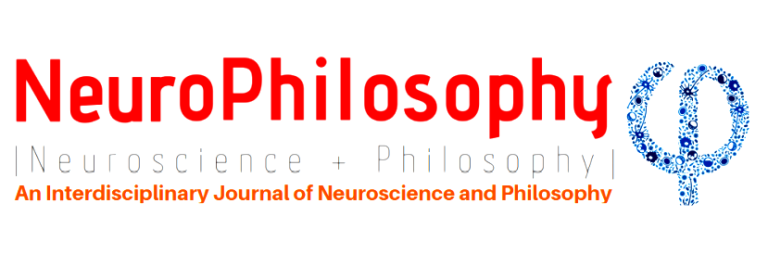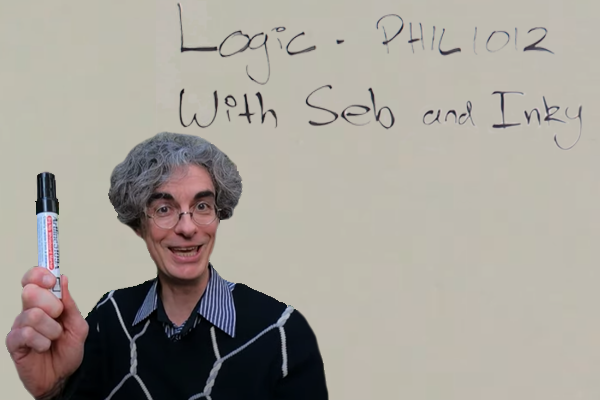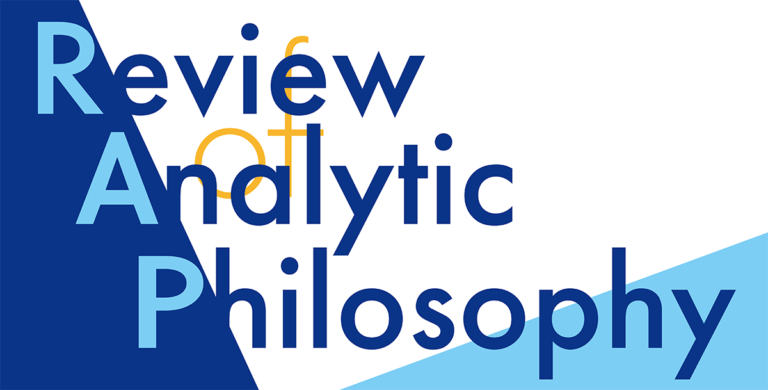What is an ‘unconventional’ reading that you enjoy teaching in undergraduate courses that others might want to be aware of?
Brandon Boesch, assistant professor of philosophy at Morningside College, would like to hear about them. He sent in a question for the readers of Daily Nous:

Related: Philosophy Data from the Open Syllabus Project, A Flowchart of Philosophical Novels and Stories, Diversity Reading List for Philosophy, A Collection of Stories for Teaching Ethics
But not all valuable works are popularly recognized as such. There are probably all sorts of texts that would be suitable for a variety of philosophy courses that most philosophy professors haven’t thought to include.
The typical introductory level undergraduate philosophy course will have a reading list of rather familiar historical and contemporary philosophers. That makes sense—they’re philosophy courses, after all, and the philosophers we’re familiar with are familiar to us because of the value so many people have found in their works.
[Zola Weinberg, untitled (detail)]

Plato? Check. Descartes? Check. Hume? Check….





